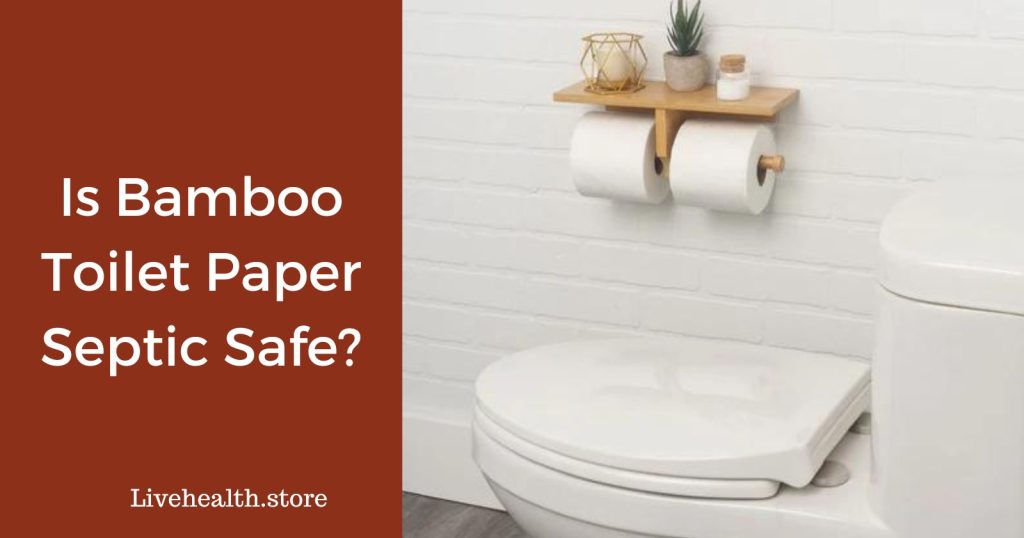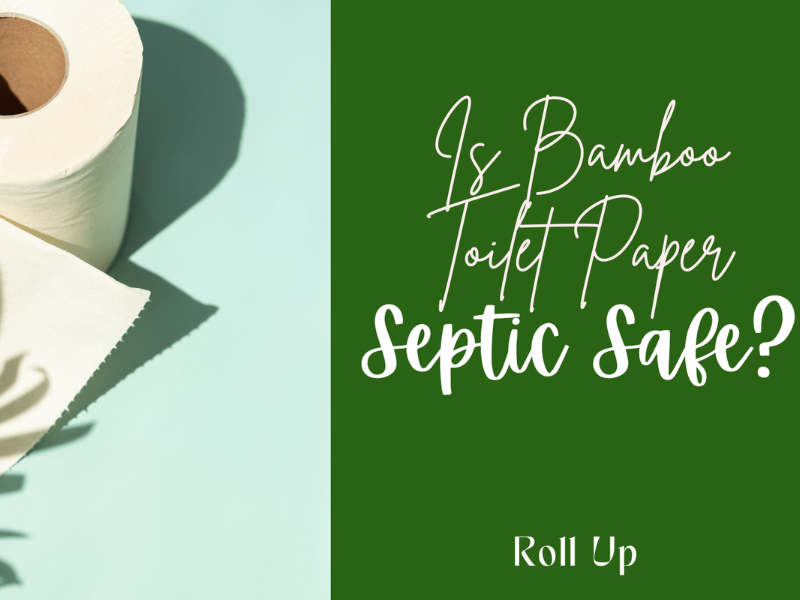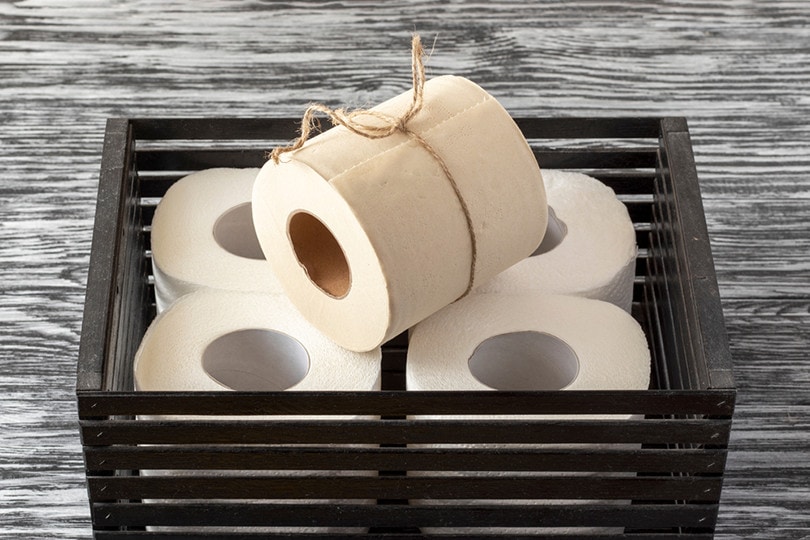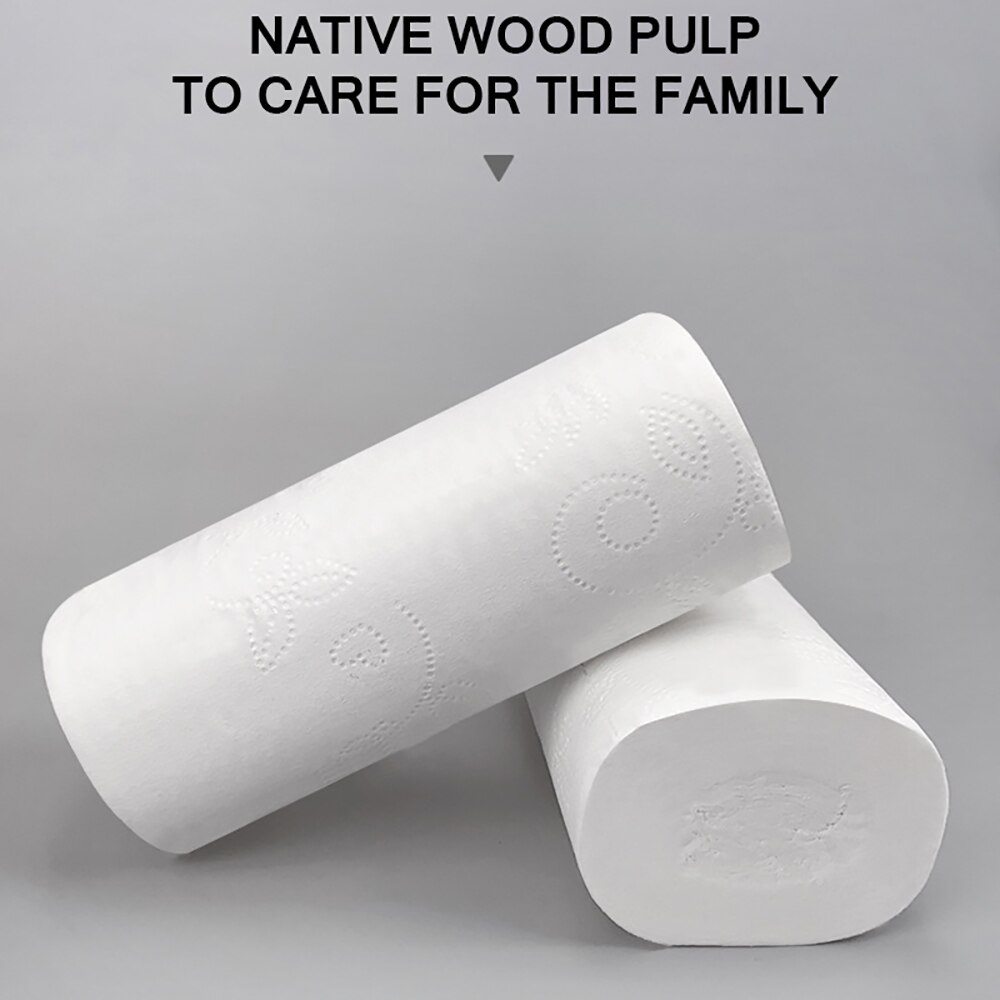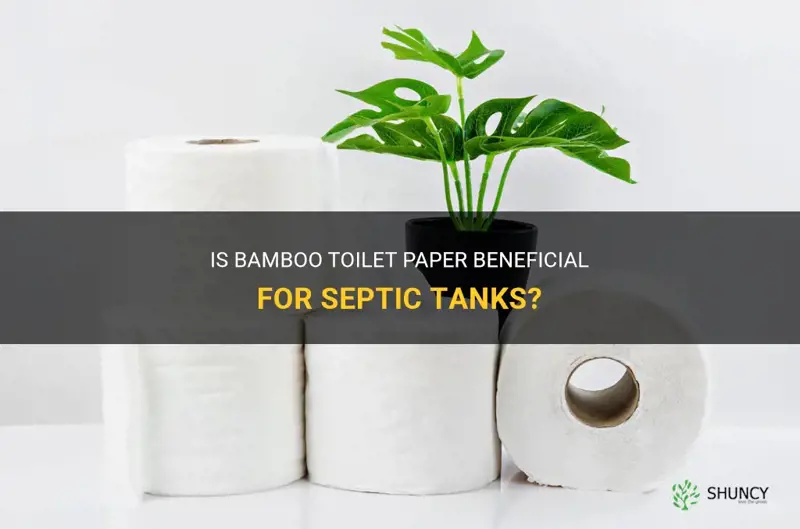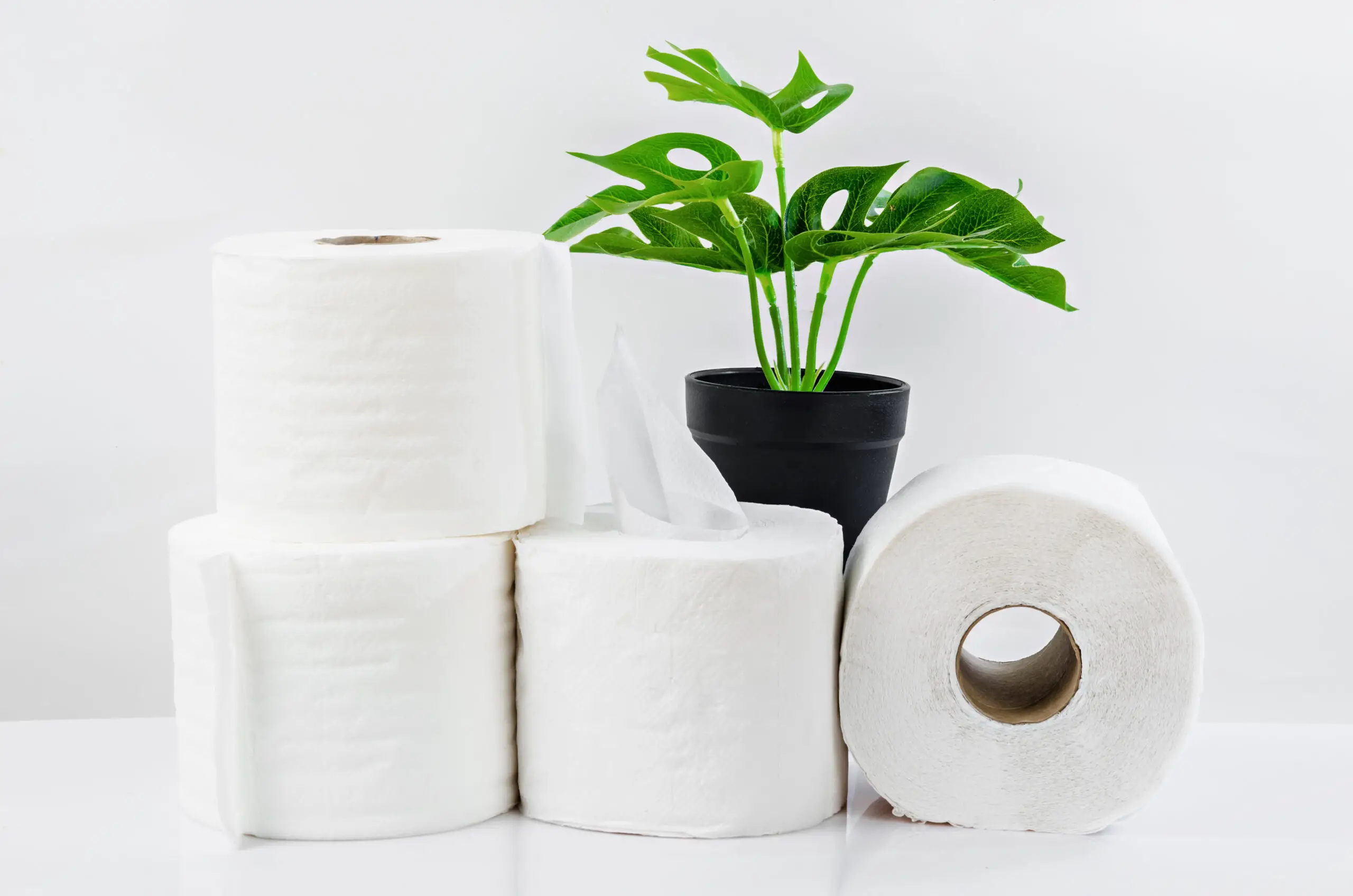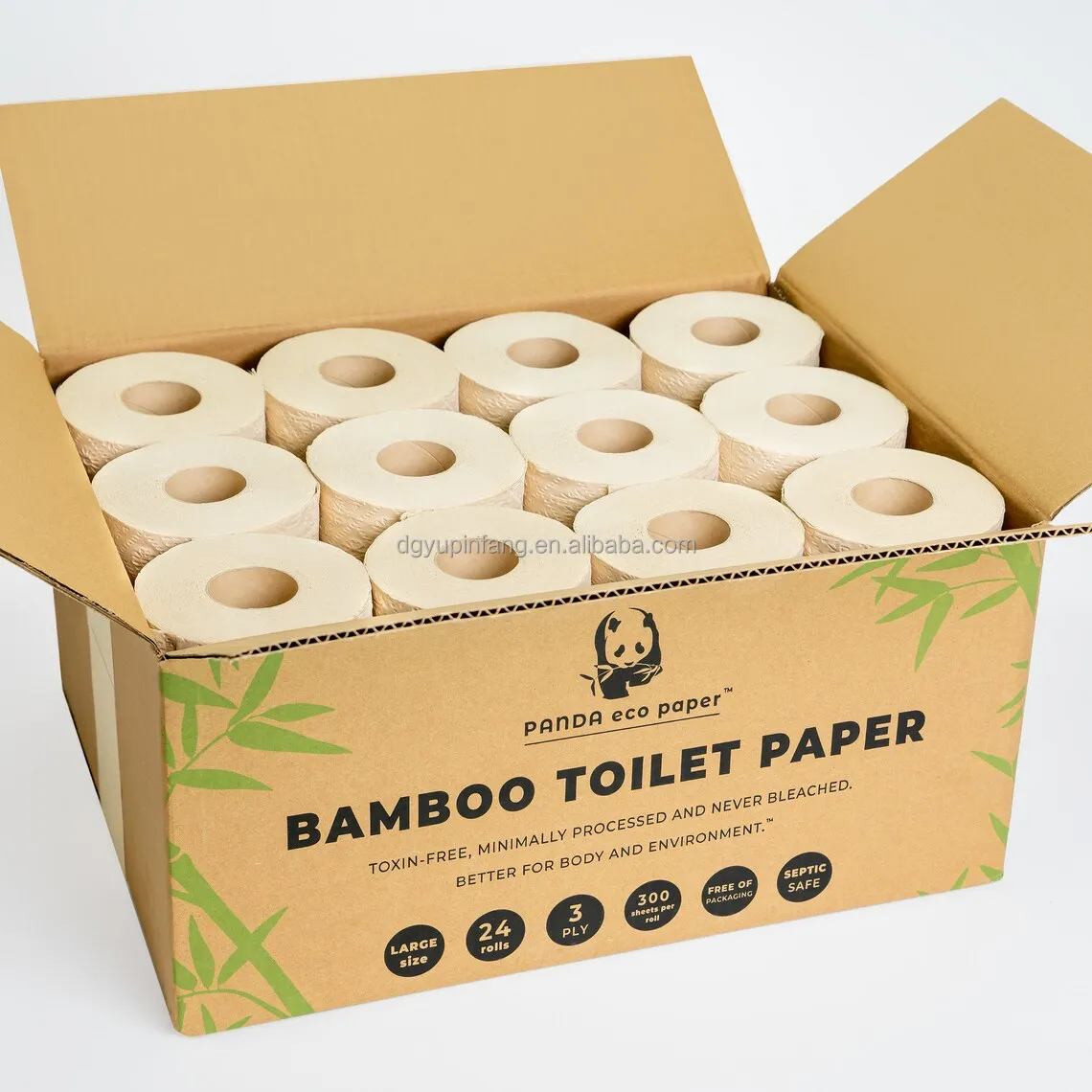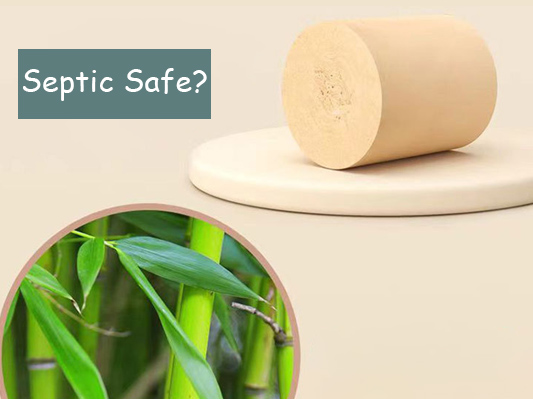Is Bamboo Toilet Paper Safe For Septic Systems
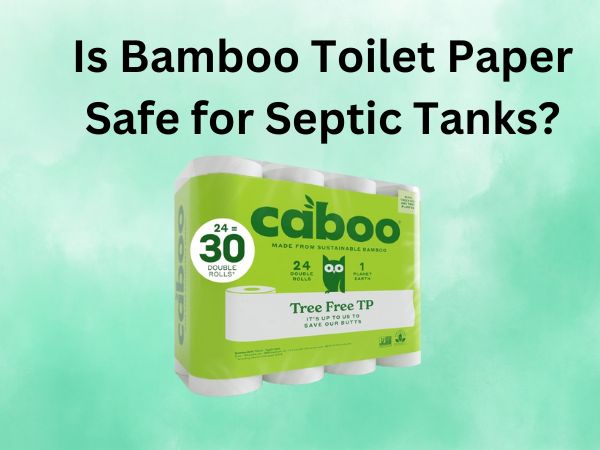
The quest for sustainable living has led many to reassess even the most mundane aspects of daily life, including the type of toilet paper we use. Bamboo toilet paper has emerged as a popular alternative to traditional paper products, lauded for its rapid growth and reduced environmental impact. But amidst the eco-friendly appeal, a critical question lingers: is bamboo toilet paper safe for septic systems?
This issue’s importance transcends mere consumer choice; it touches on the health and longevity of septic systems, a crucial component of wastewater management for millions of households. Understanding the biodegradability and potential impact of bamboo toilet paper on these systems is essential for making informed and responsible decisions, safeguarding both our plumbing and the environment.
The Promise of Bamboo: A Sustainable Alternative
Bamboo's rise as a sustainable resource is undeniable. It grows significantly faster than trees, requires less water and pesticides, and boasts a high yield per acre.
Consequently, bamboo toilet paper is often marketed as a more eco-friendly option, reducing deforestation and promoting responsible forestry practices.
But the journey from a sustainable crop to a septic-safe product involves more than just the raw material.
Understanding Septic Systems: A Delicate Balance
Septic systems rely on a delicate balance of bacteria to break down solid waste. These systems are designed to handle organic material that decomposes relatively quickly.
When non-biodegradable or slowly-degrading materials enter the system, they can disrupt this balance, leading to clogs, backups, and ultimately, system failure.
Replacing a septic system is a costly and disruptive undertaking, making preventative maintenance and informed choices paramount.
Biodegradability: The Key Factor
The primary concern regarding any toilet paper's compatibility with septic systems is its biodegradability. Toilet paper needs to break down quickly and efficiently to avoid accumulating in the septic tank.
Traditional toilet paper, made from wood pulp, generally degrades reasonably well, although variations in thickness and processing can affect its breakdown rate.
The question then becomes: how does bamboo toilet paper compare in terms of biodegradability?
Independent Testing and Certifications
Several studies and certifications offer insights into the biodegradability of bamboo toilet paper. Look for certifications like the Biodegradable Products Institute (BPI) or TÜV AUSTRIA's OK Compost HOME, which indicate that a product has been tested and meets specific biodegradability standards.
These certifications ensure the toilet paper breaks down under specific conditions, often mimicking those found in a septic tank. However, it's crucial to note that these certifications are not guarantees of septic safety, only indicators of biodegradability.
Manufacturers should be transparent about their testing methods and provide clear information about their product's biodegradability.
Fiber Length and Breakdown Time
The length of the fibers used in toilet paper production also plays a role in its breakdown rate. Shorter fibers generally break down more quickly than longer fibers.
Some argue that bamboo fibers, while strong, can be longer than those in some traditional toilet papers, potentially leading to slower degradation. However, the processing method significantly influences the final fiber length.
"The manufacturing process, including the pulping and bleaching stages, can alter the fiber structure and impact biodegradability," explains Dr. Emily Carter, a materials scientist specializing in sustainable paper products.
Expert Opinions and Industry Perspectives
Opinions on the safety of bamboo toilet paper for septic systems vary. Some plumbers and septic system professionals express caution, citing potential issues with fiber accumulation.
Others maintain that high-quality bamboo toilet paper, especially those with appropriate certifications, poses minimal risk.
"The key is to look for toilet paper labeled 'septic safe' and to avoid using excessive amounts," advises Mark Johnson, a licensed plumber with over 20 years of experience.
"Always follow the manufacturer's instructions for your septic system and be mindful of what you flush down the toilet," Johnson adds.
The Role of Water Usage and System Maintenance
Regardless of the type of toilet paper used, proper water usage and regular septic system maintenance are crucial. Conserving water reduces the load on the system, giving bacteria more time to break down waste.
Regular pumping of the septic tank prevents the accumulation of solids, including toilet paper, which can lead to clogs and system failure.
Furthermore, avoiding flushing non-biodegradable items like baby wipes, feminine hygiene products, and paper towels is essential for maintaining a healthy septic system.
Consumer Choices and Precautions
For homeowners with septic systems considering bamboo toilet paper, several precautions are advisable. Look for products that are specifically labeled "septic safe" and have undergone independent testing for biodegradability.
Start by using small amounts of bamboo toilet paper and monitor your system for any signs of problems, such as slow flushing or unusual odors. A simple test involves placing a few sheets of toilet paper in a jar of water and observing how quickly it breaks down.
If you notice any issues, discontinue use and consult with a plumbing professional."When in doubt, err on the side of caution," emphasizes Sarah Miller, an environmental advocate focused on sustainable sanitation practices.
Looking Ahead: Innovation and Research
The field of sustainable toilet paper is constantly evolving, with ongoing research focused on improving biodegradability and reducing environmental impact. Innovations in pulping processes and fiber treatments are aimed at creating toilet paper that breaks down even more quickly and efficiently.
As consumers demand more sustainable options, manufacturers are likely to continue investing in research and development, leading to even more environmentally friendly and septic-safe toilet paper choices in the future.
Continued research and transparent labeling will be essential to ensure that consumers can make informed choices that protect both their septic systems and the environment.
Conclusion: Informed Decisions for a Sustainable Future
The question of whether bamboo toilet paper is safe for septic systems is not a simple yes or no. While bamboo offers a promising alternative to traditional paper products, its suitability for septic systems depends on several factors, including the manufacturing process, fiber length, and individual system characteristics.
By seeking out certified products, practicing responsible water usage, and maintaining their septic systems regularly, homeowners can minimize the risk of problems. Ultimately, informed consumer choices, combined with ongoing innovation and research, will pave the way for a more sustainable and septic-safe future.
It’s a balance between environmental consciousness and responsible maintenance, ensuring that our choices today don't compromise the functionality and longevity of our septic systems tomorrow.

